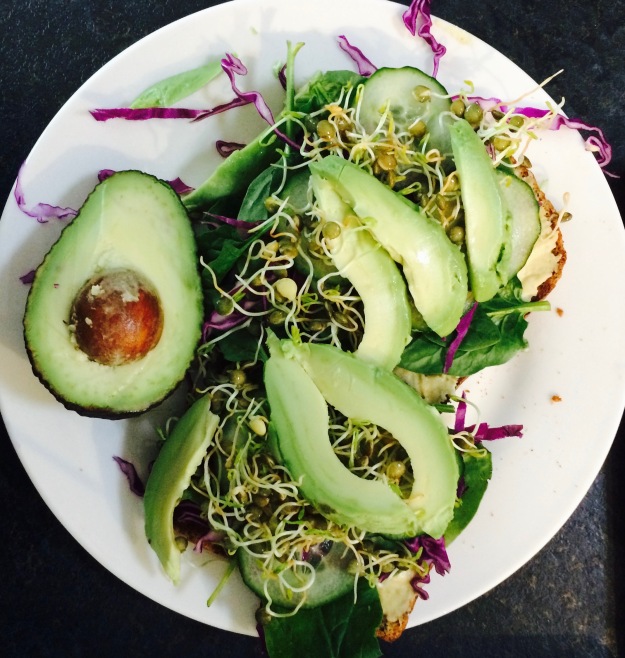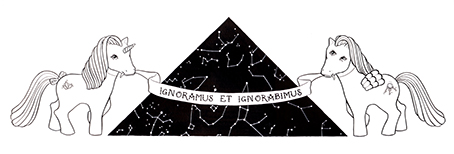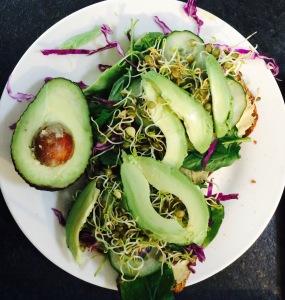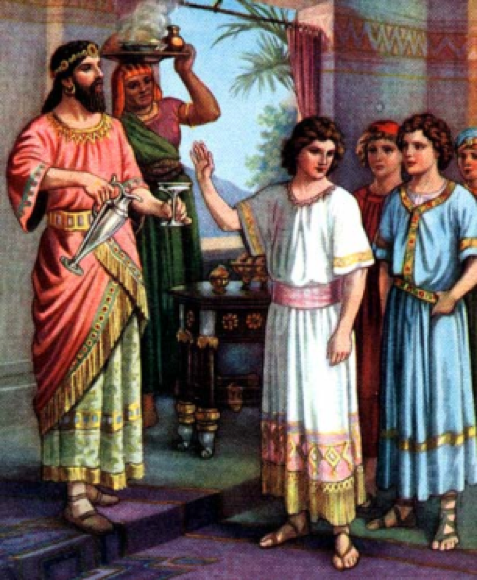On Saturday 23 September, we vote. After a disappointing result three years ago, I am hopeful for a government that can deliver on equity and protecting our beautiful country, and the planet.
You will hear it said, it does not matter what we do for climate change, or other aspects of planetary despoil. We are a tiny nation, not yet 5 million, less than 0.5% of global emissions, they say. But, I think it does matter. It’s called leadership.
Now we have the possibility of Jacinda for NZ, and perhaps the world.
One simple thing a new government could do would be to set up a financial transaction system that removes cash (and hence corruption) and banking function. A State infrastructure of distributed databases is at the heart of artificial intelligence; it also provides a distributed ledger that is used in blockchain, the technology behind BitCoin. Blockchain is now old technology, so this could be set up practically overnight with a few smart engineers. The hardware – computers in every home, are already there and in most pockets.
You might not see how this would benefit the planet, but I hope it’s obvious how such a system would not only prevent corruption from being hidden, but also tax avoidance. I do not believe in the need for income tax; it can be replaced with a much fairer and more efficient financial transaction that is progressive, and can be used to prevent gaming on markets, when that is not adding to economic welfare.
It would be virtually costless to implement in this new State money system. Yes, there are the costs of running large servers; but there is also the benefit of scale; and remember the ledger is distributed, not centralised. The costs are in data processing, and while substantial are so highly scalable, and is tiny compared to the size of the economy.
As the only legal tender in the country, all transactions would need to be processed through the common ledgers that create security without the need for a third party. In other words, banks no longer serve a useful function. Banks also provide credit; but it would be simpler for the State to directly provide credit to citizens and enterprises, without the need to mediate through banks. This allocation of credit to any member of the community who could persuade their local community, would remove a barrier to creating new businesses. Perhaps loans are progressively larger, as individuals or companies show their ability to repay.
In designing the system for providing credit, we must listen to the calls for equity, fairness in how each individual can access community resources. At present, those in most need, have least access to services and resources.
Now, you may have notice that the financial sector, and especially banks have the most control of our society’s resources. What I propose would remove the Emperor’s Clothes: bankers would no longer exist. The bankers create/maintain a system that makes them indispensable, rather than actually being indispensable. Technology is not the necessary solution to this problem, but it helps. Computers and community decision making can replace banks.
So, where would all the money that goes to bankers go to instead? And remember, we could make bankers redundant overnight, as the technology is already here. It just requires a democratic decision.
This is where we can start to invest in a green infrastructure and advanced technologies, building on our global leadership in setting up a new global currency. Look at the crazy value of bitcoin; now dropping but still worth a few thousand dollars, when once it was less than one!
We desperately need a new world, if humanity is to survive on this planet. We don’t need a stability that is leading to global destruction and potential human extinction. We need progress to a sustainable future for our grand-children.
A world where mad-men do not control nuclear bombs; and even small arms no longer exist. Hunting is traditional; so is gathering and the food we eat. Not the highly processed and very tasty foods that science has developed for us, for profit – and damn the health consequences. (Should I apologise for swearing in a world where most do not believe in damnation?)
Here’s dreaming and a reminder to my fellow NZers: let’s go for progress and live our manifest destiny in our journey to God-hood. Vote Labour electorate and Green Party, to get the best mix of policies – including a financial transaction tax and a new NZ order that can lead the world.
And Grant Robertson, love you. But you don’t need to win the electorate. Please step aside for James Shaw; thanks!
 A plate full of anti-oxidants or food for your bugs.
A plate full of anti-oxidants or food for your bugs.


